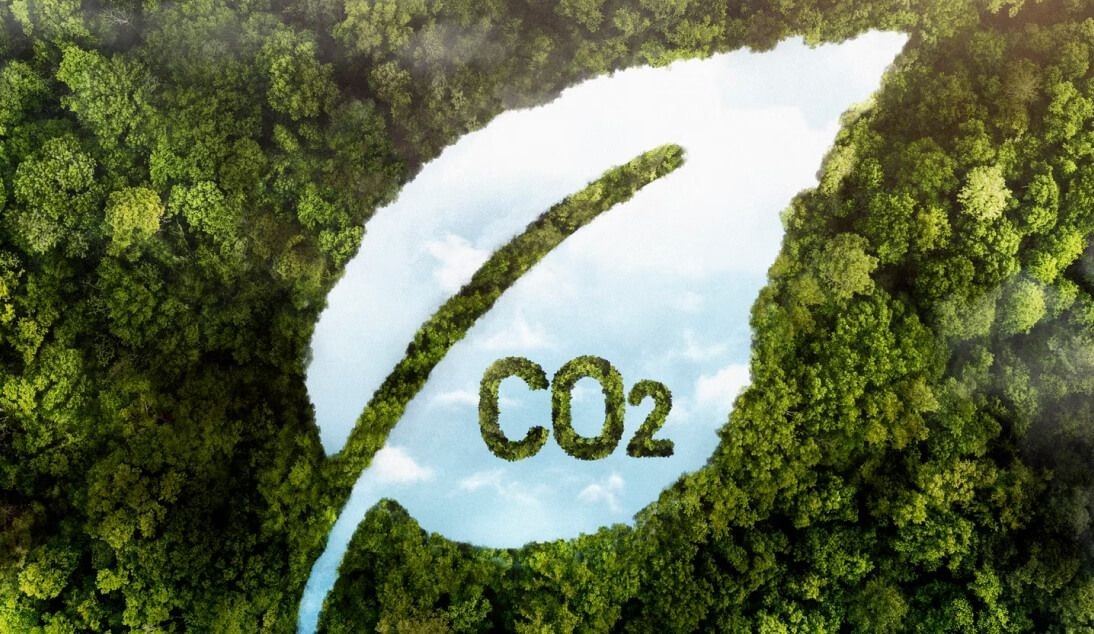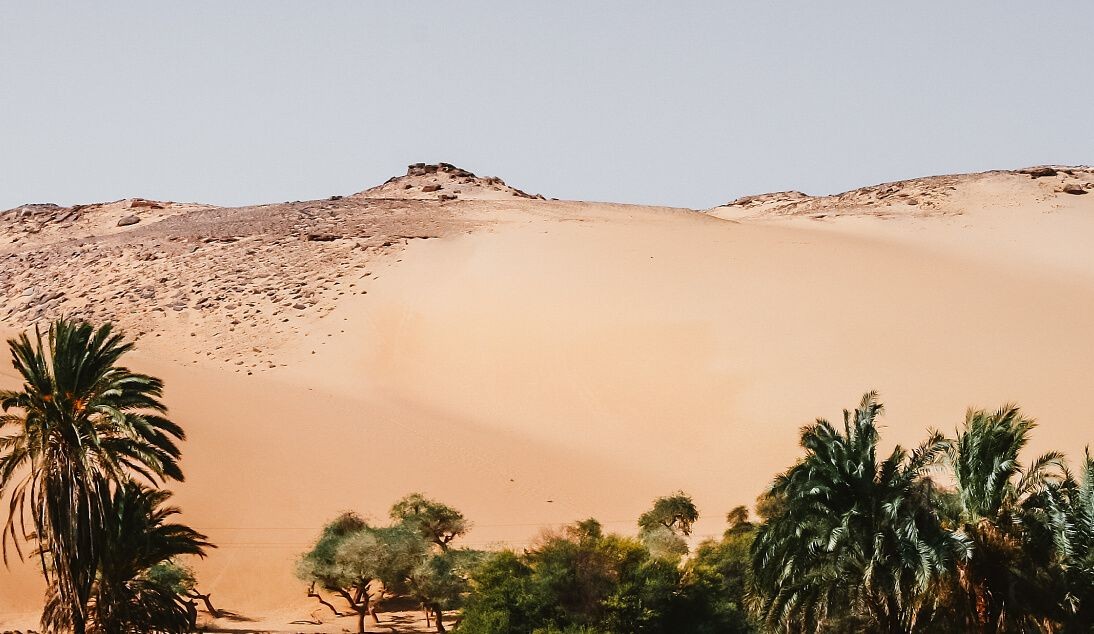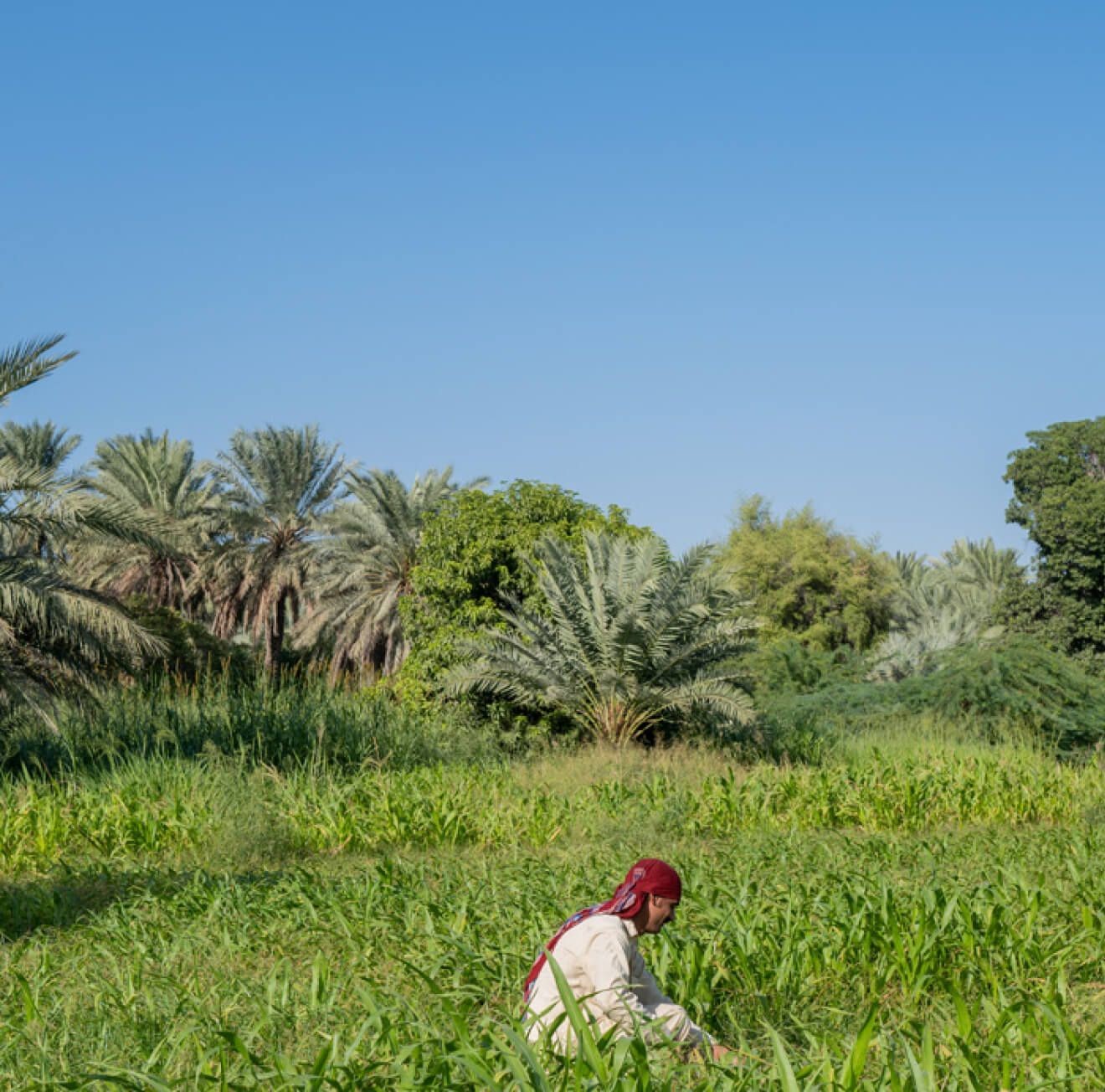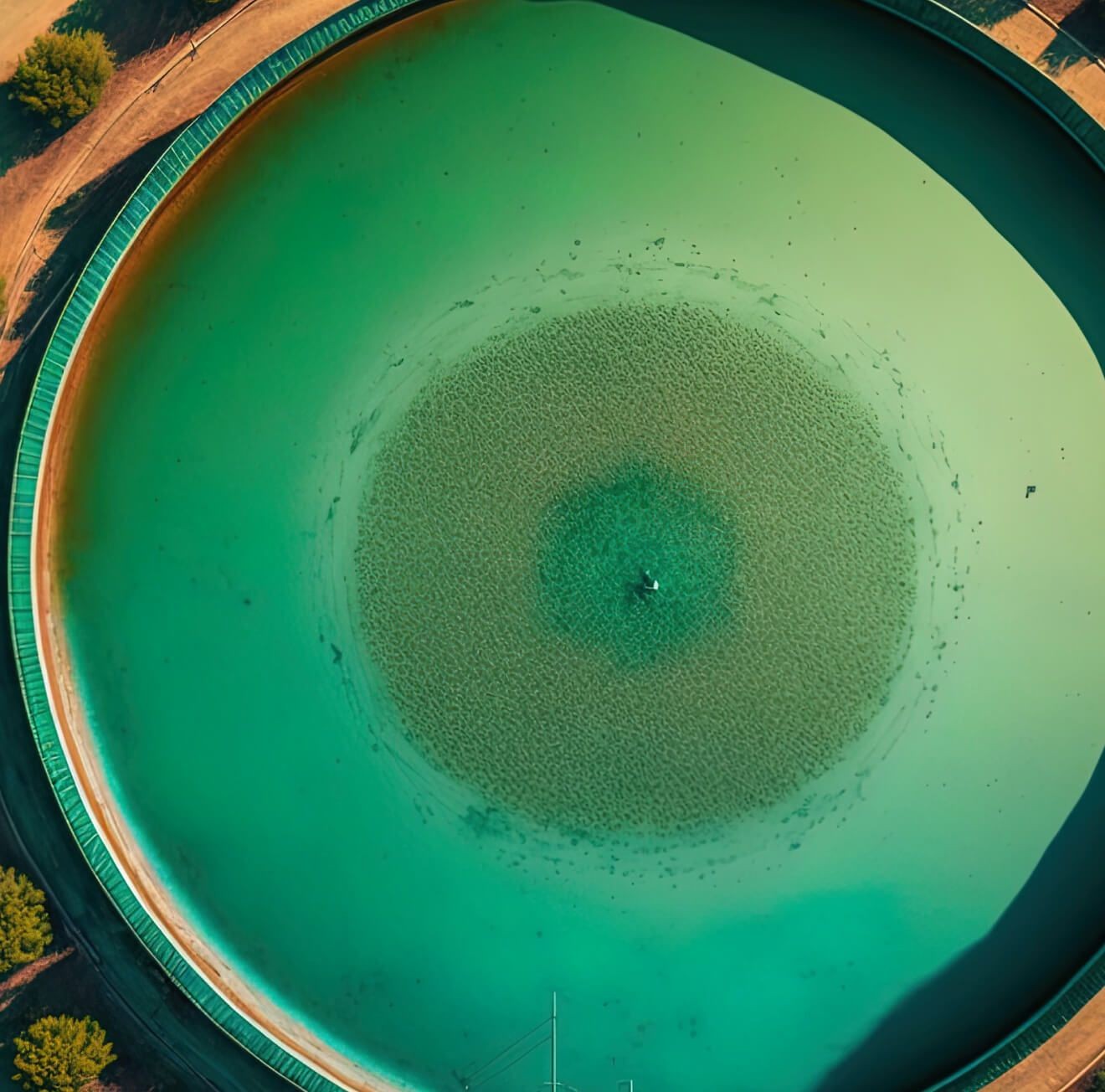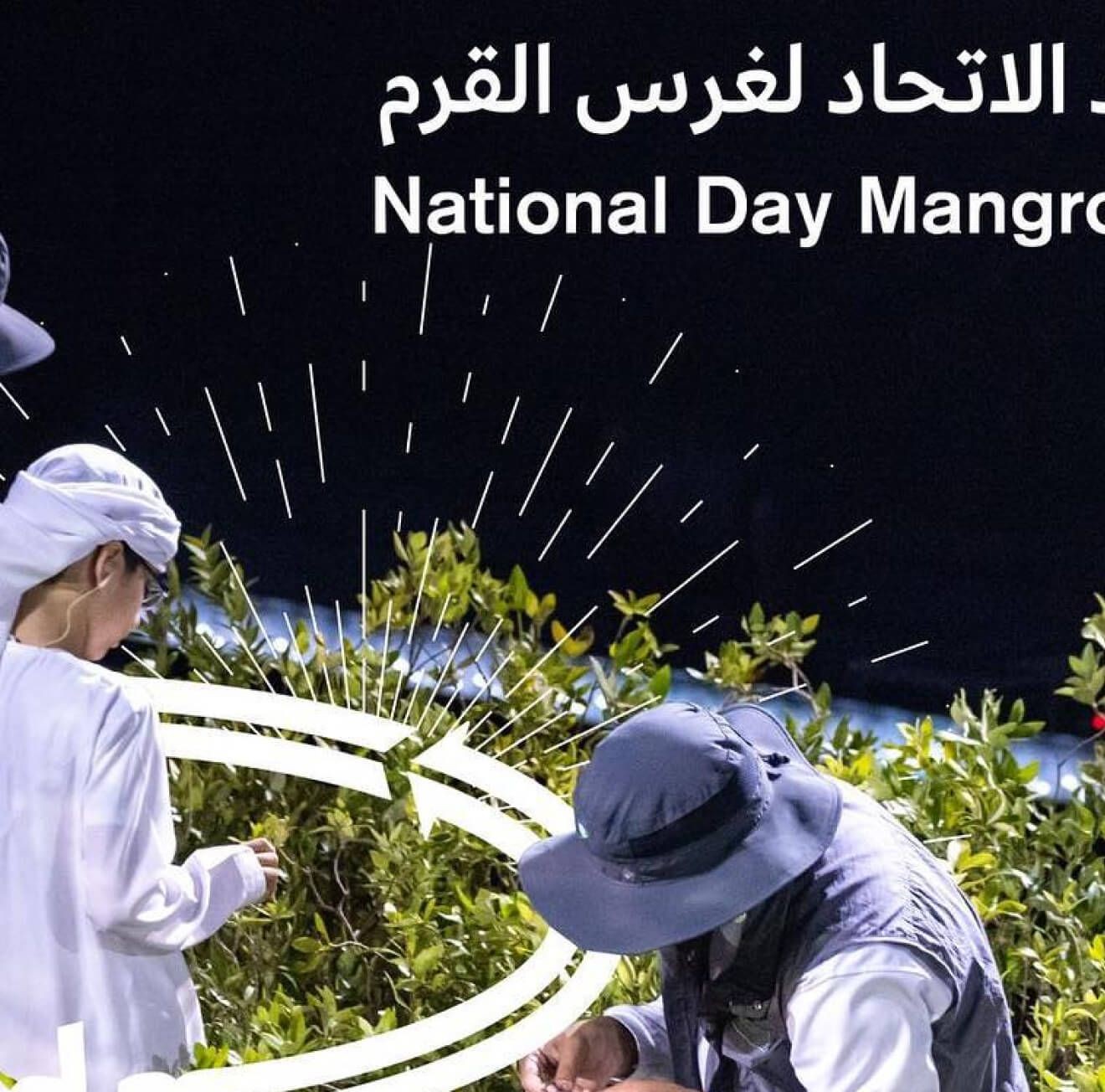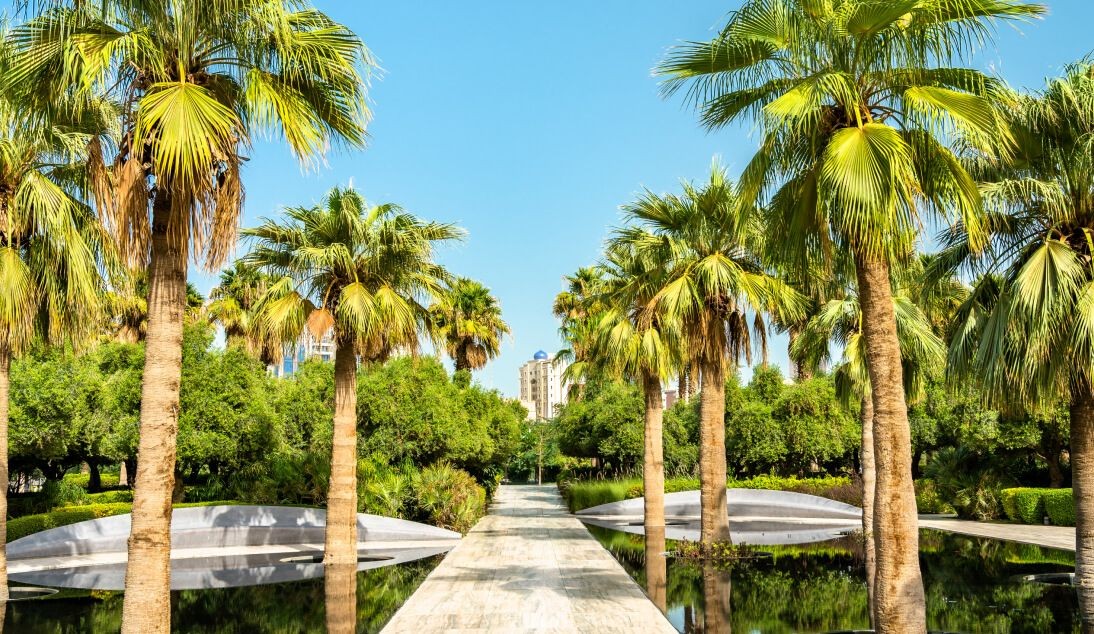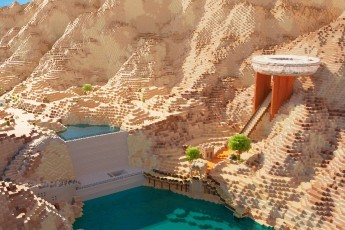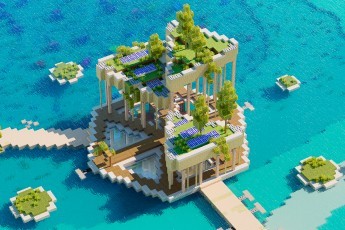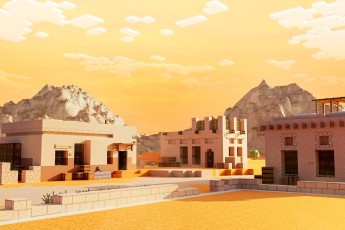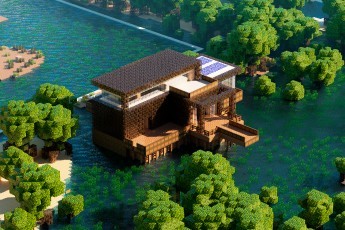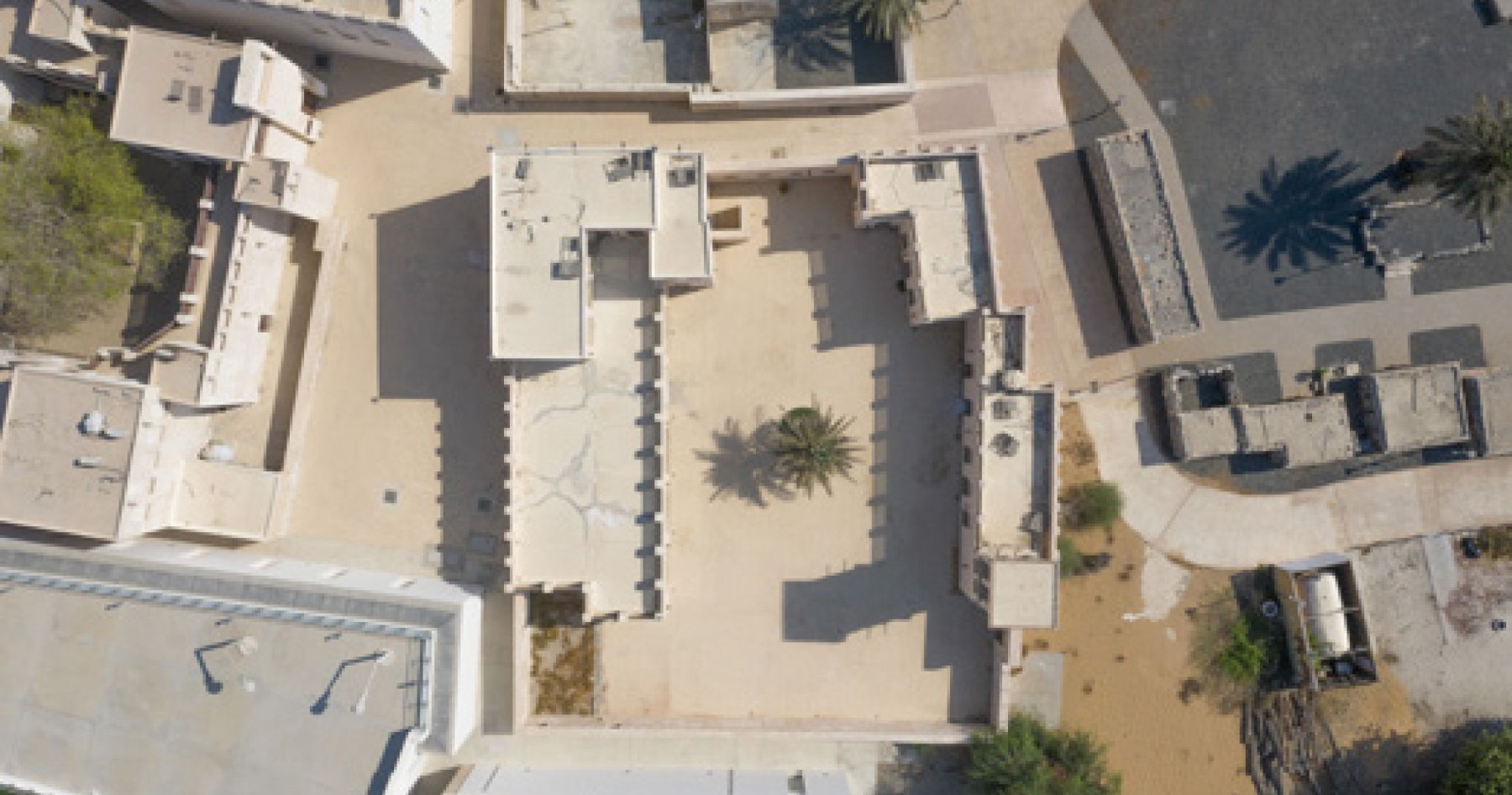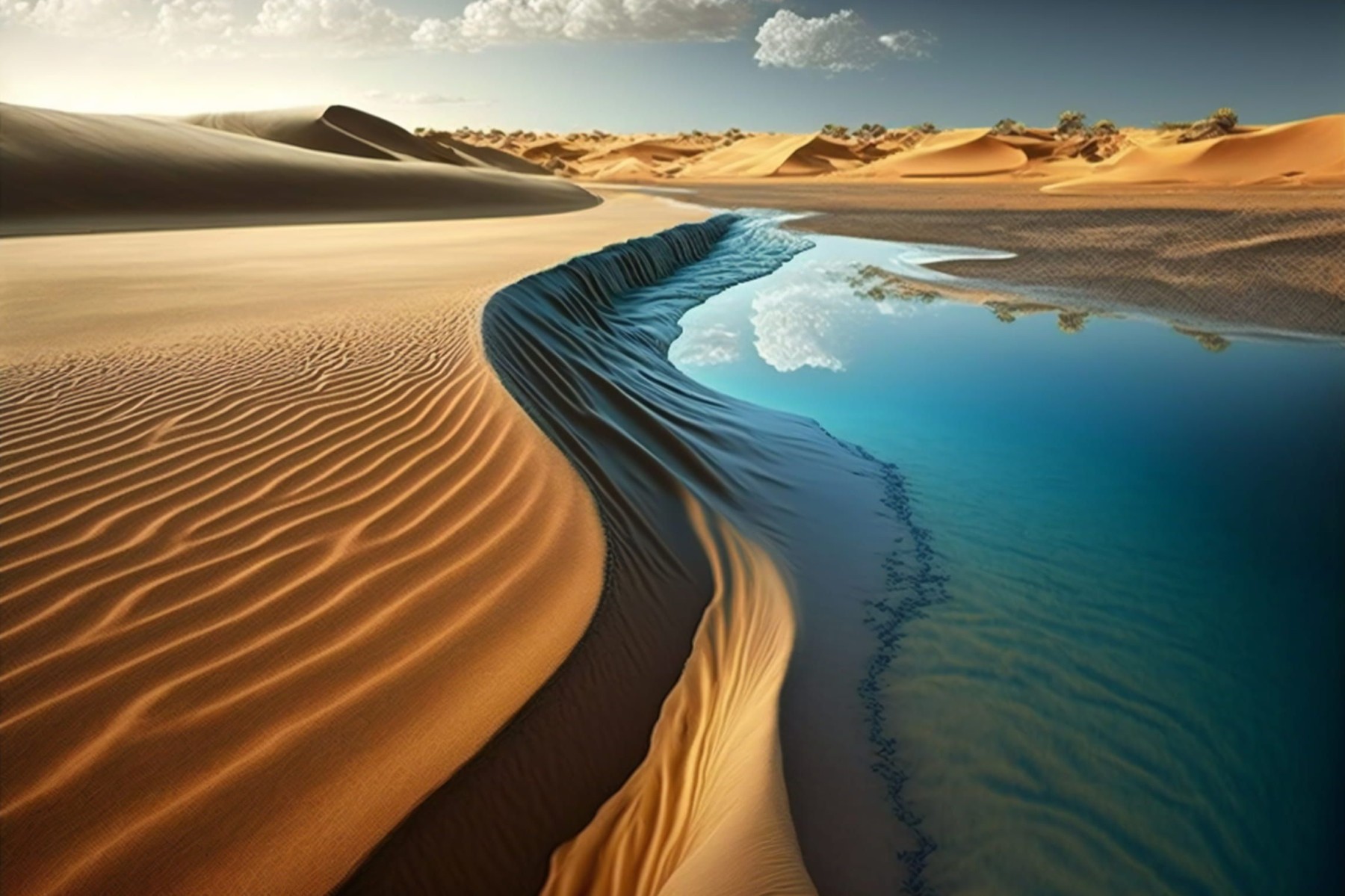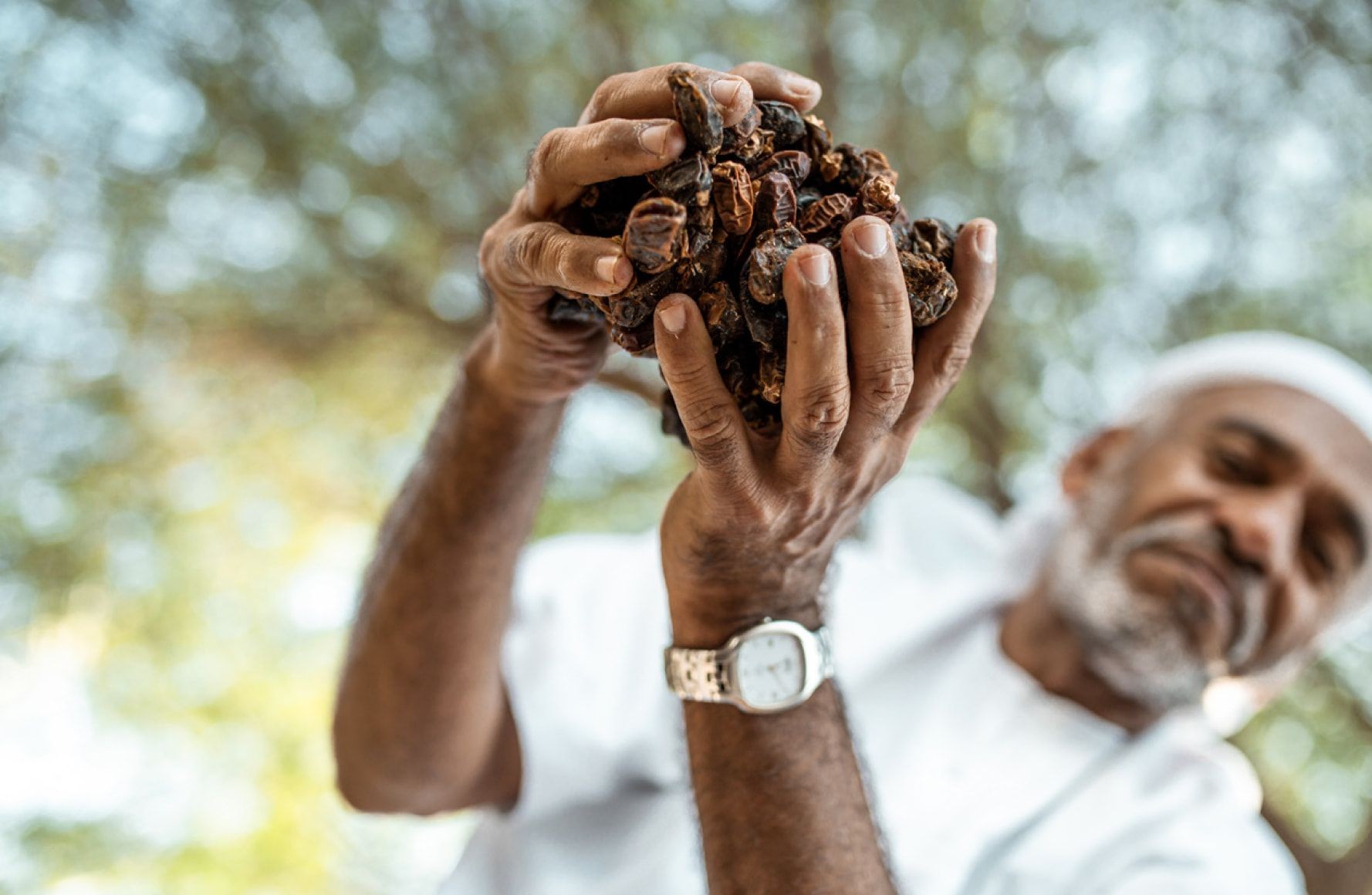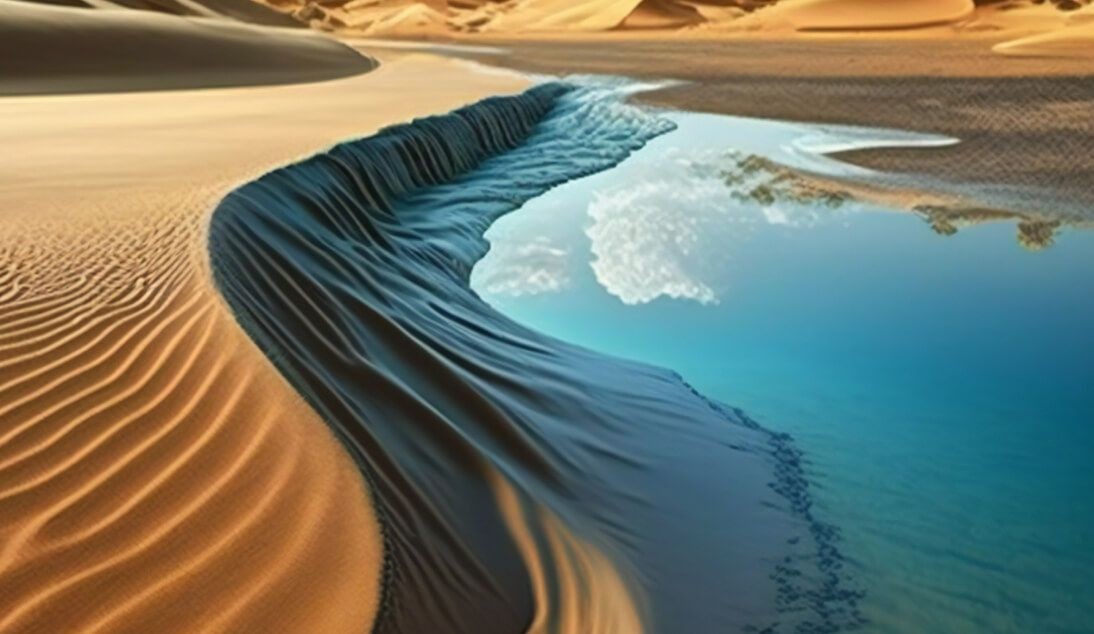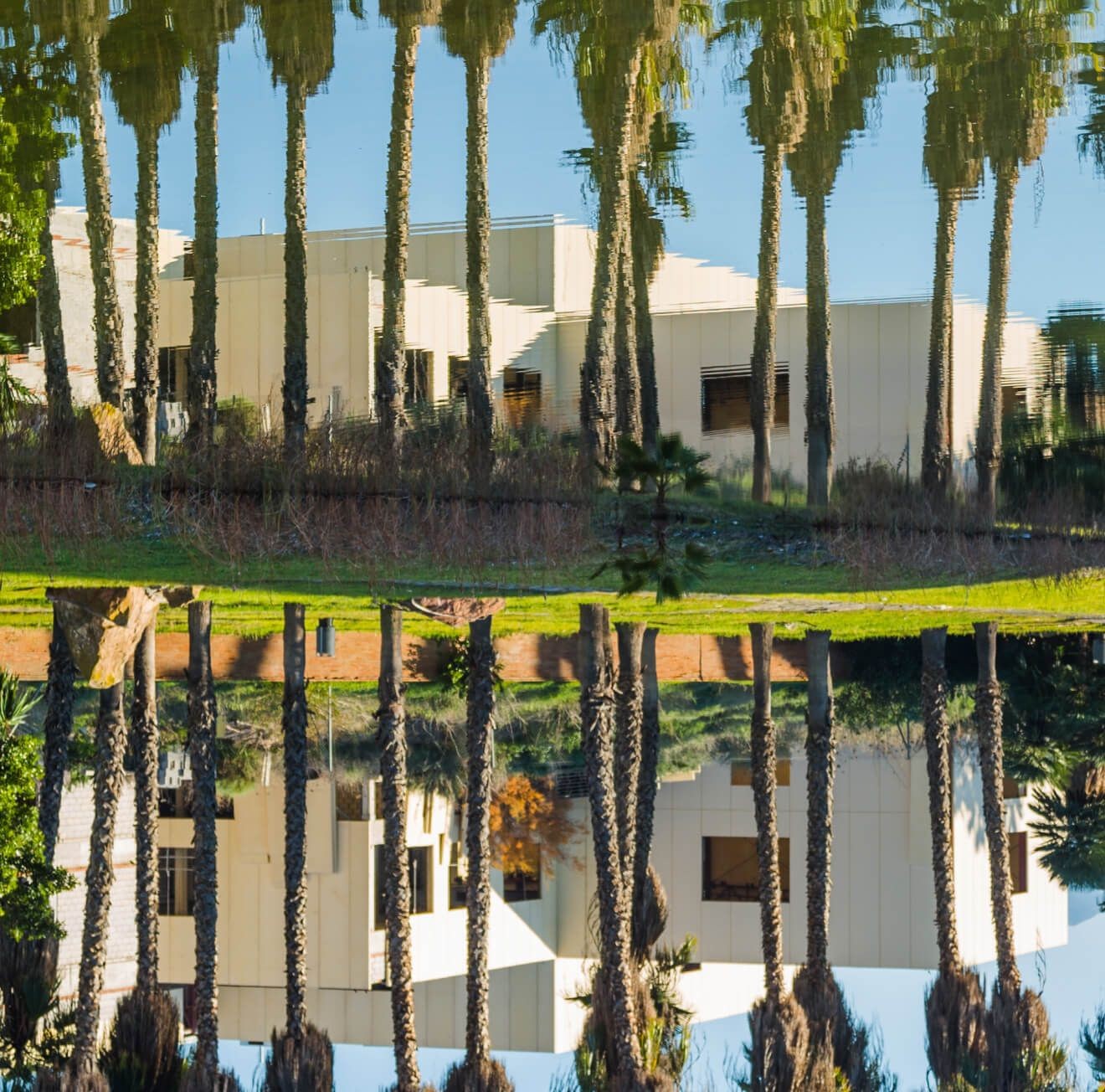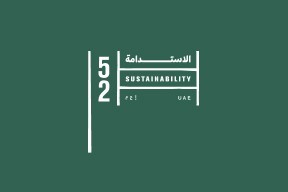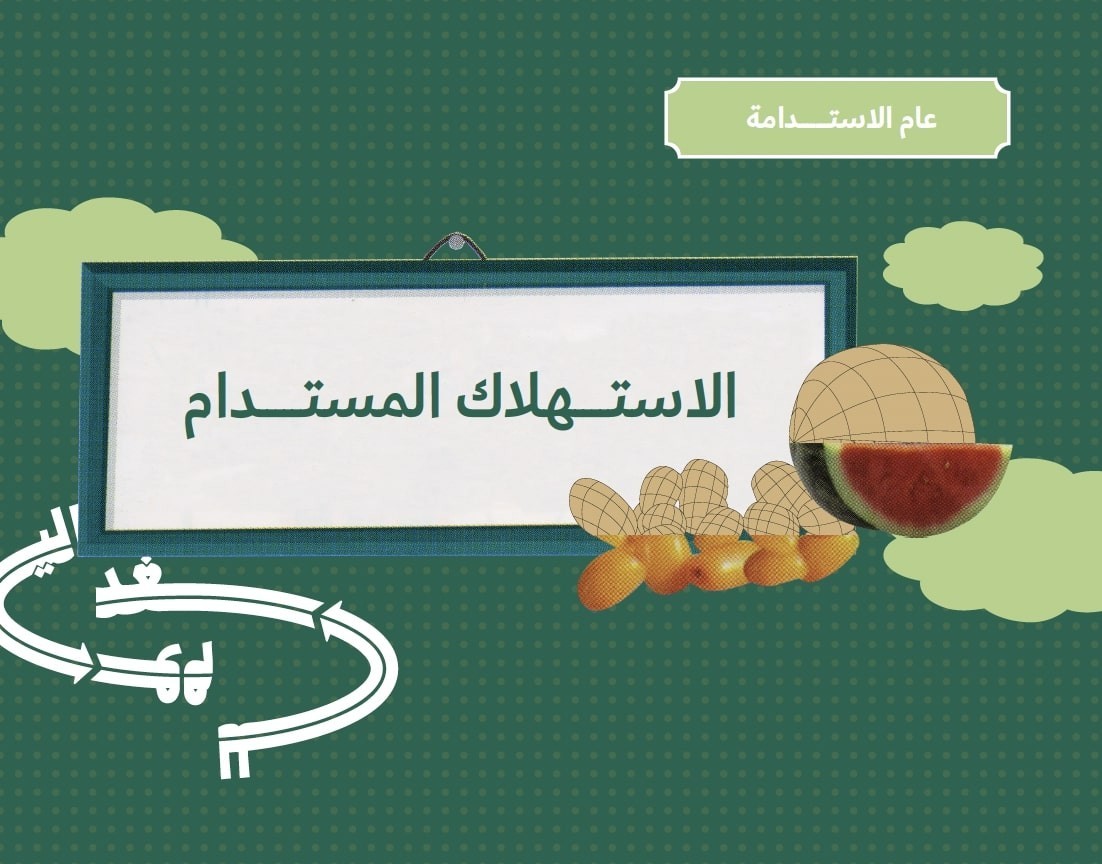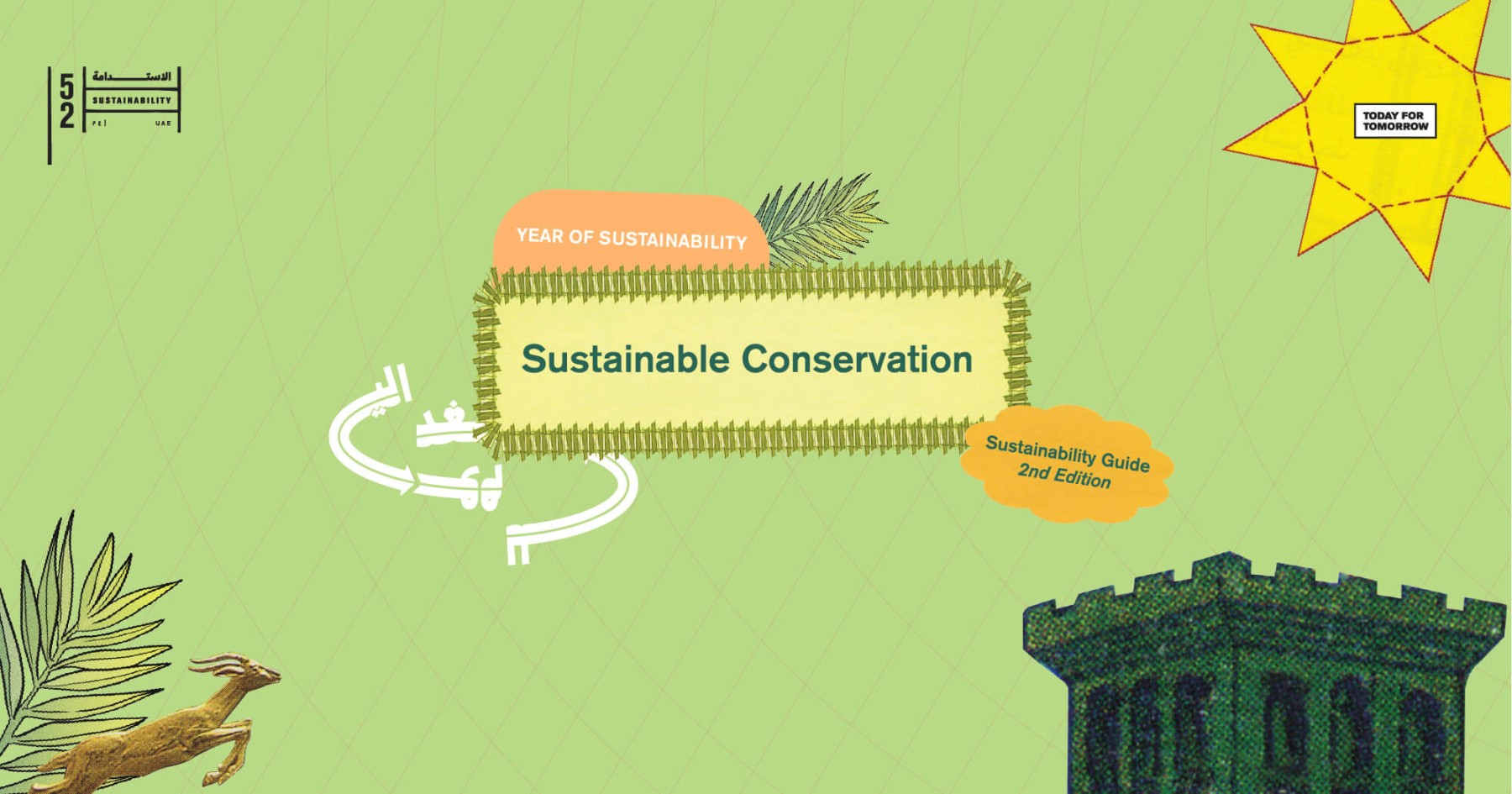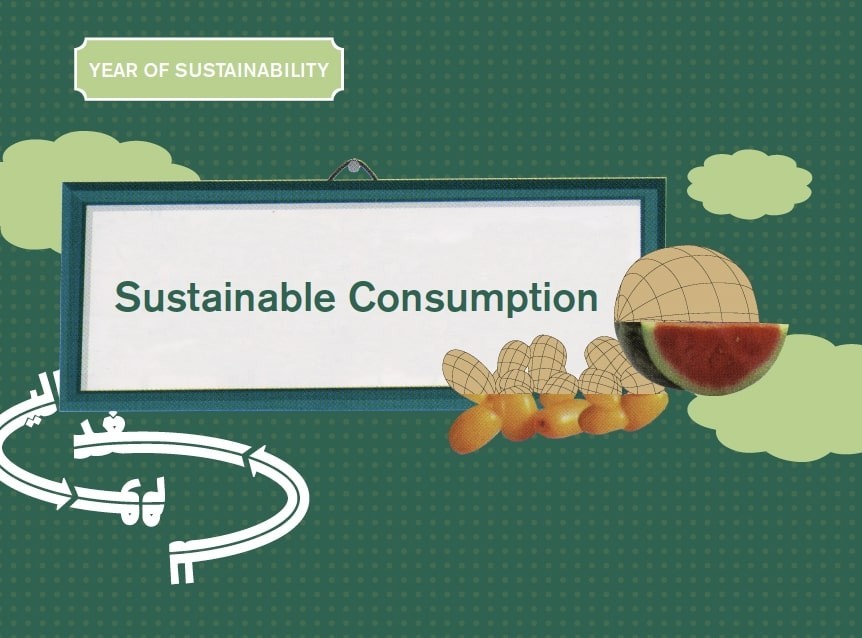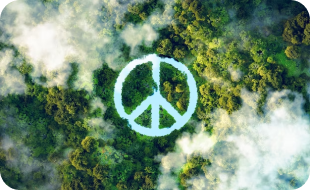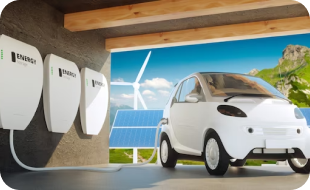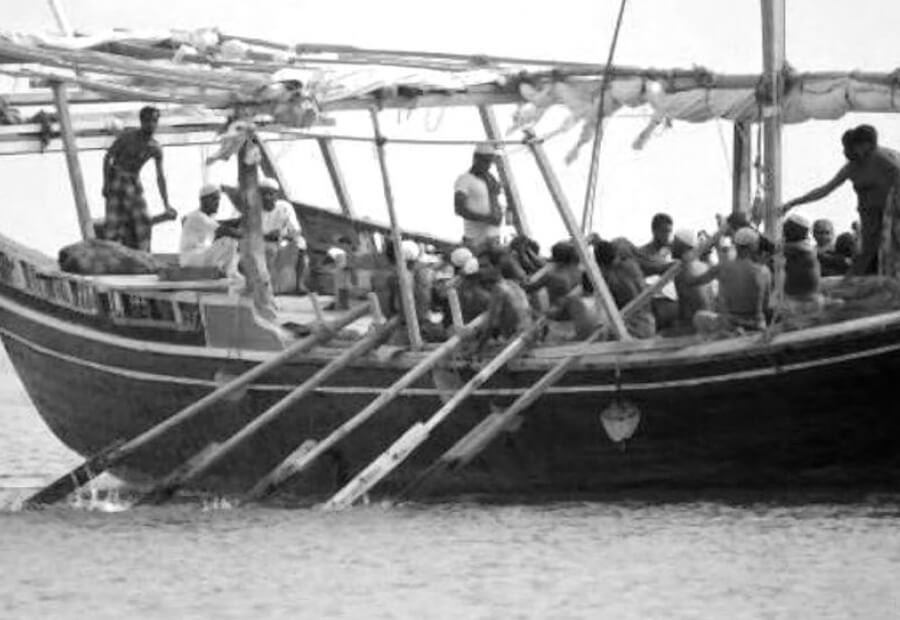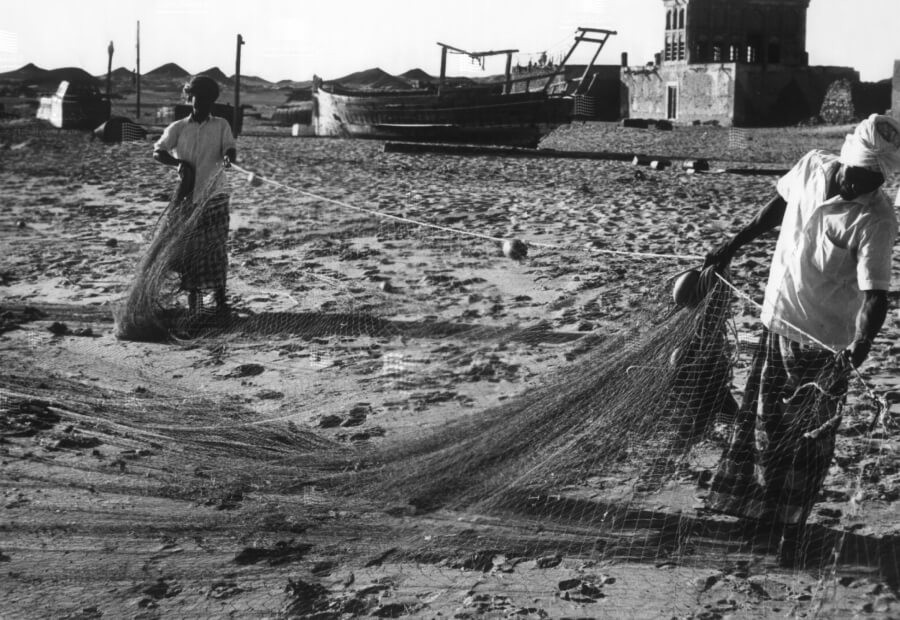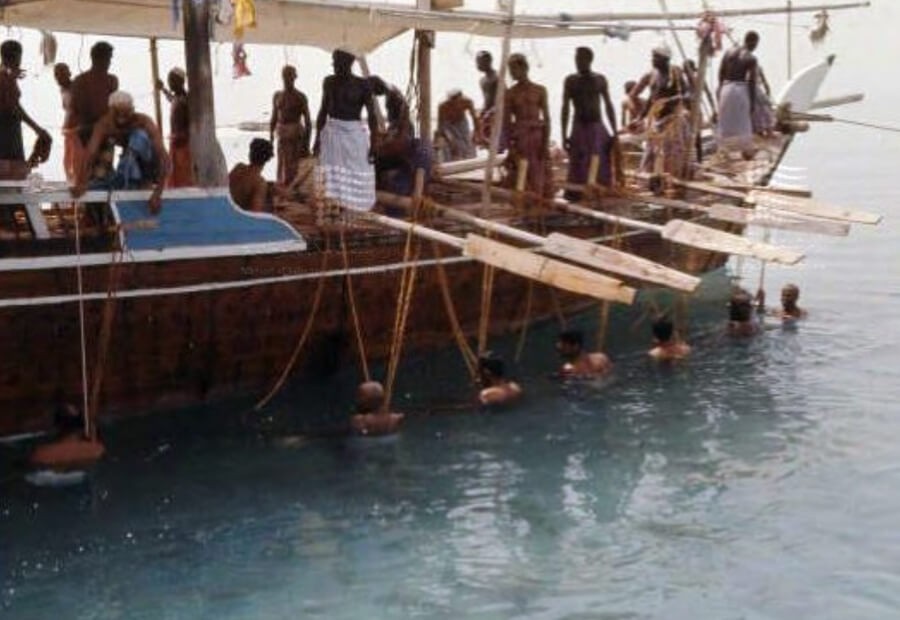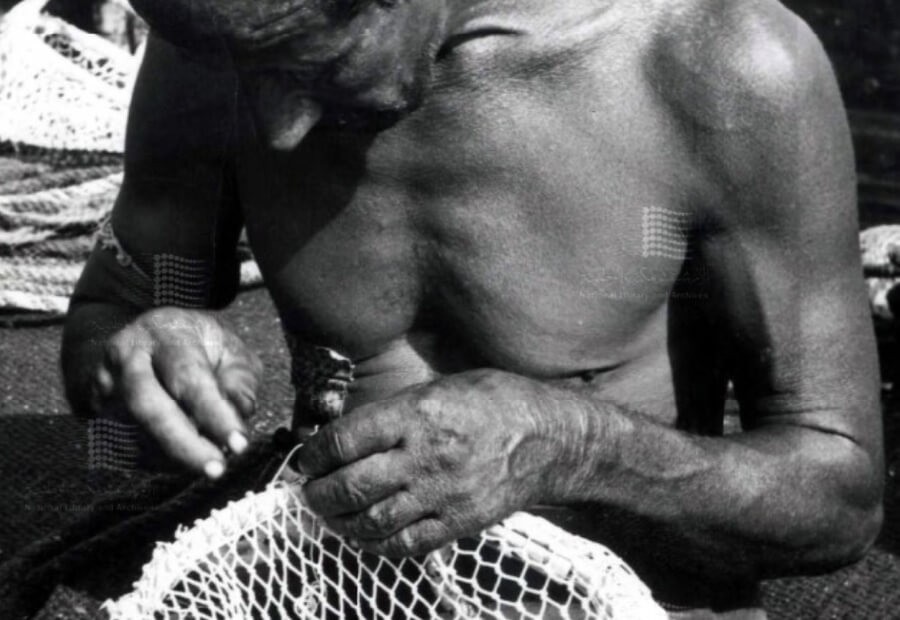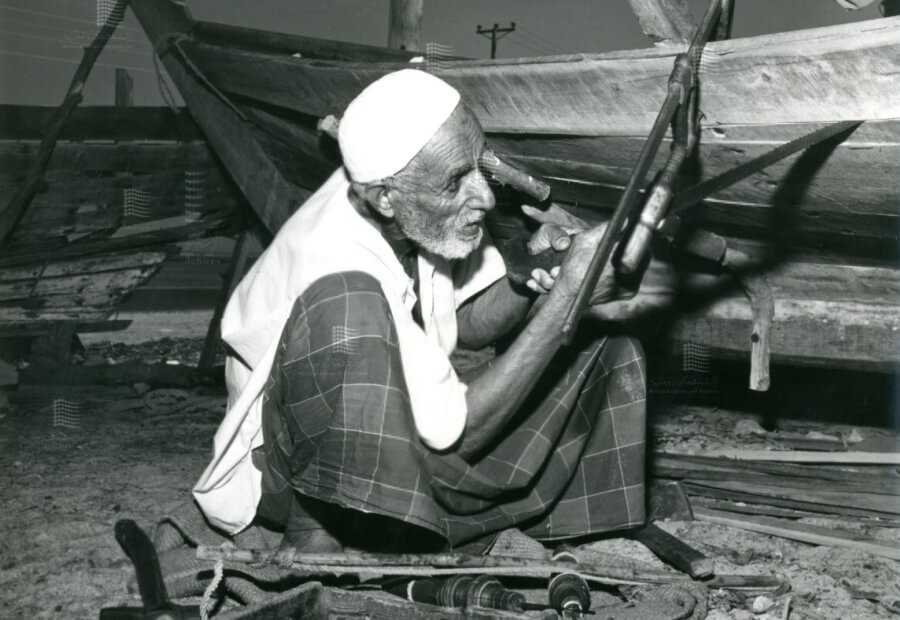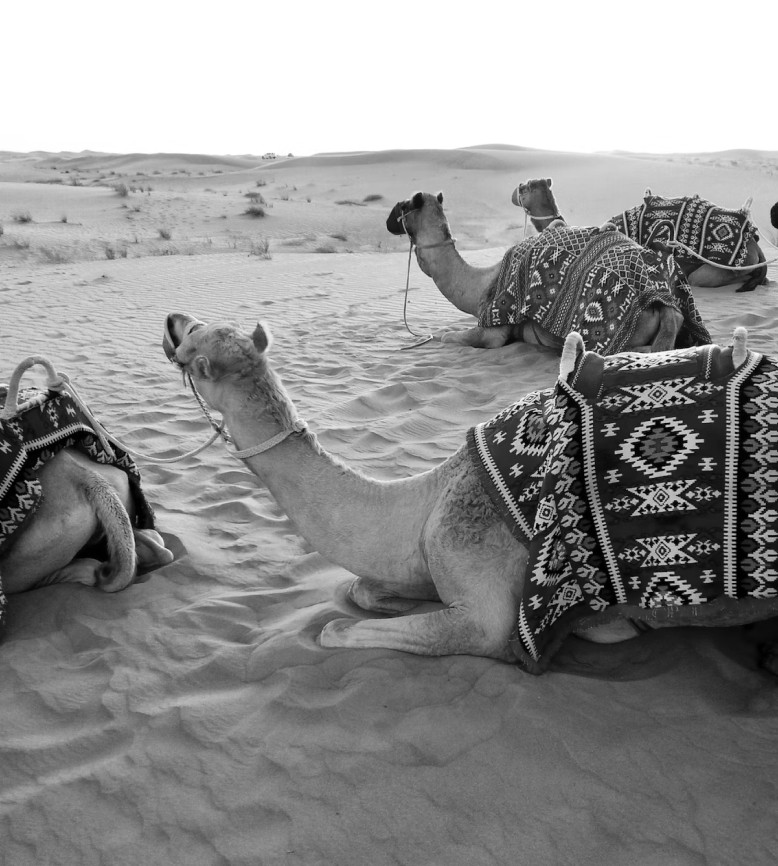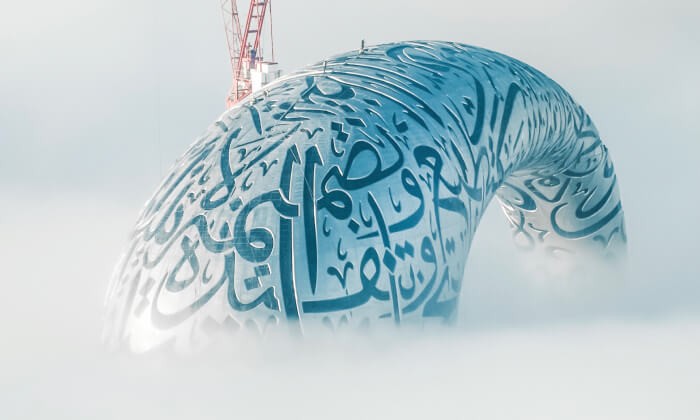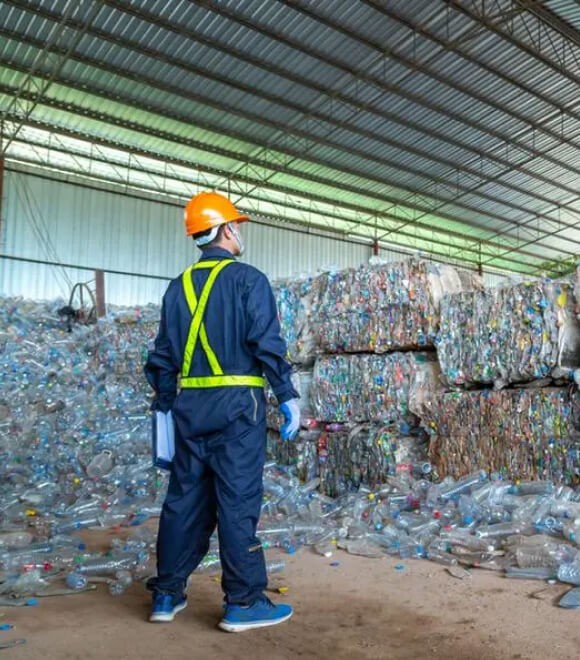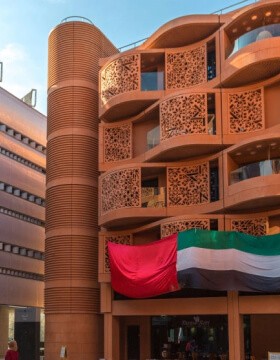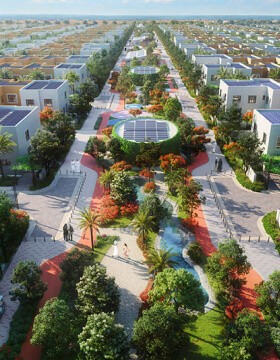
































































































Ancient Past 1000 BC - 600 BC

Follow the Water
In the UAE's history, ingenious civilizations followed the water sources for survival
Follow the water
The Past - 1971
As the centuries passed, the people of the UAE continued to innovate and adapt, and with ingenuity and perseverance, they captured and stored precious rainwater, reducing the strain on groundwater.

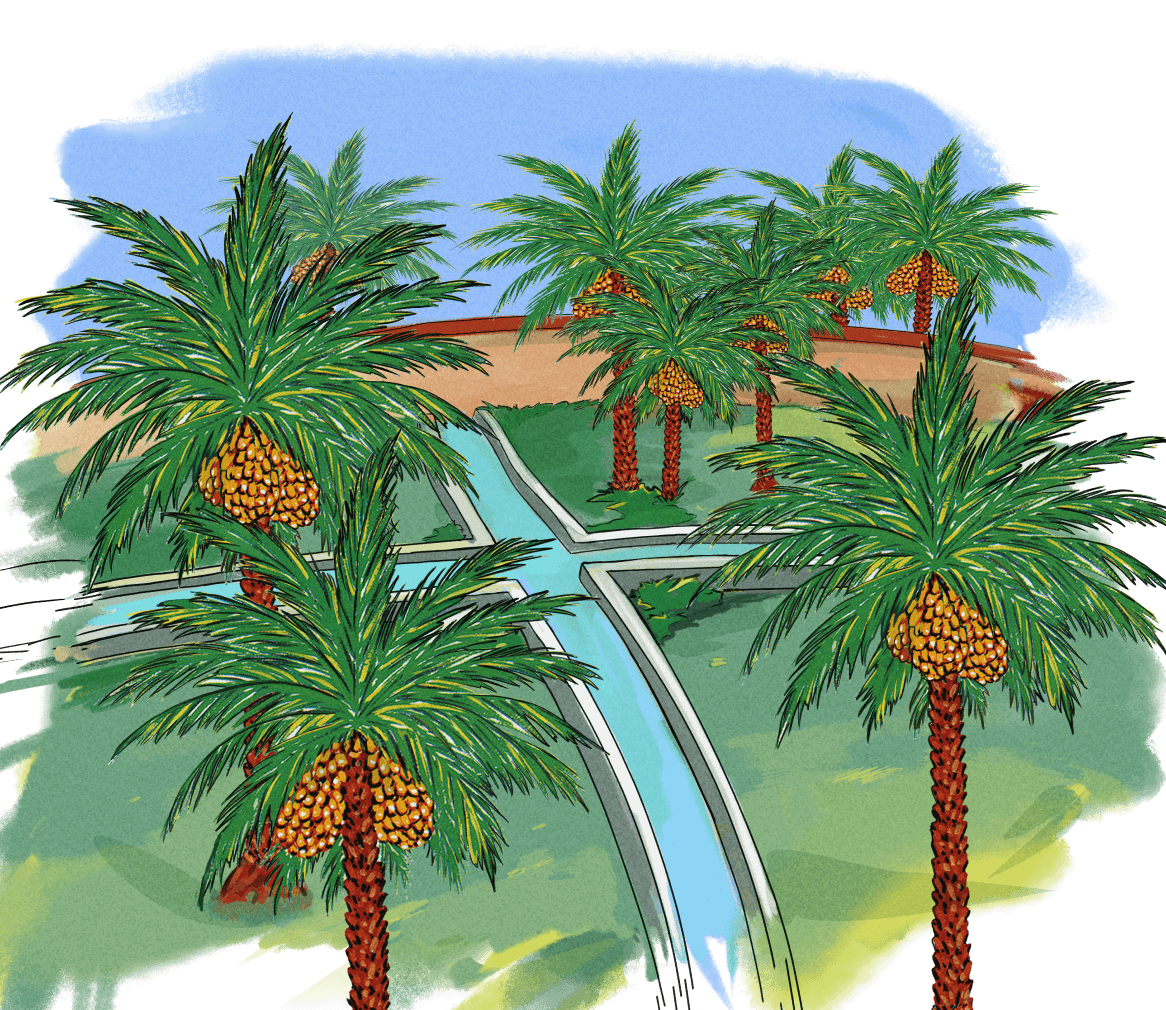
Follow the water
The Past - 1971
The Late Sheikh Zayed, in particular, recognised the importance of water conservation and oversaw the construction of remarkable engineering feats, including the Wadi Al Wurayah Dam and the Hatta Dam.
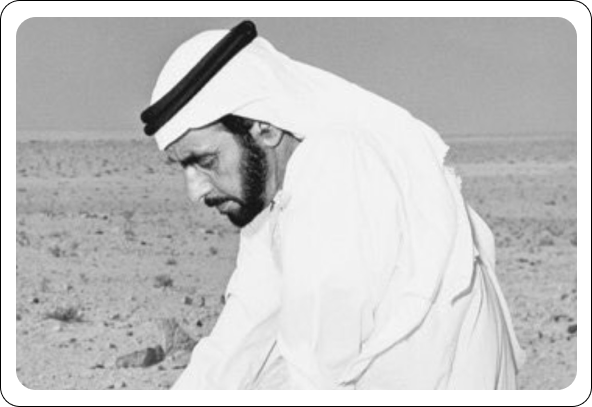
Follow the water
The Present
From ancient civilisations to modern times, water has been a precious resource in the UAE. Today, the government is undertaking several important initiatives to address water scarcity, from enhancing water conservation efforts to investing in innovative technologies and infrastructure projects.
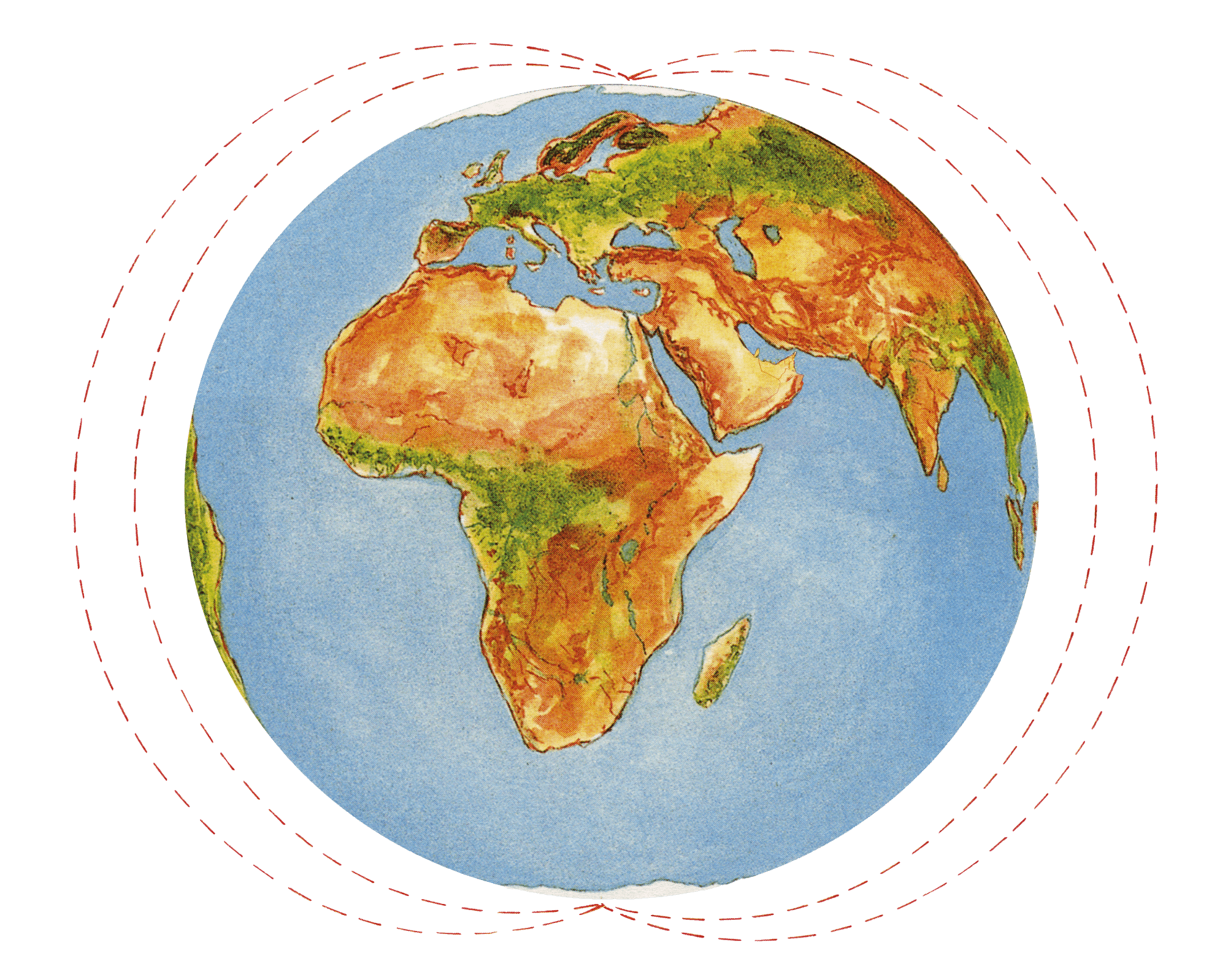

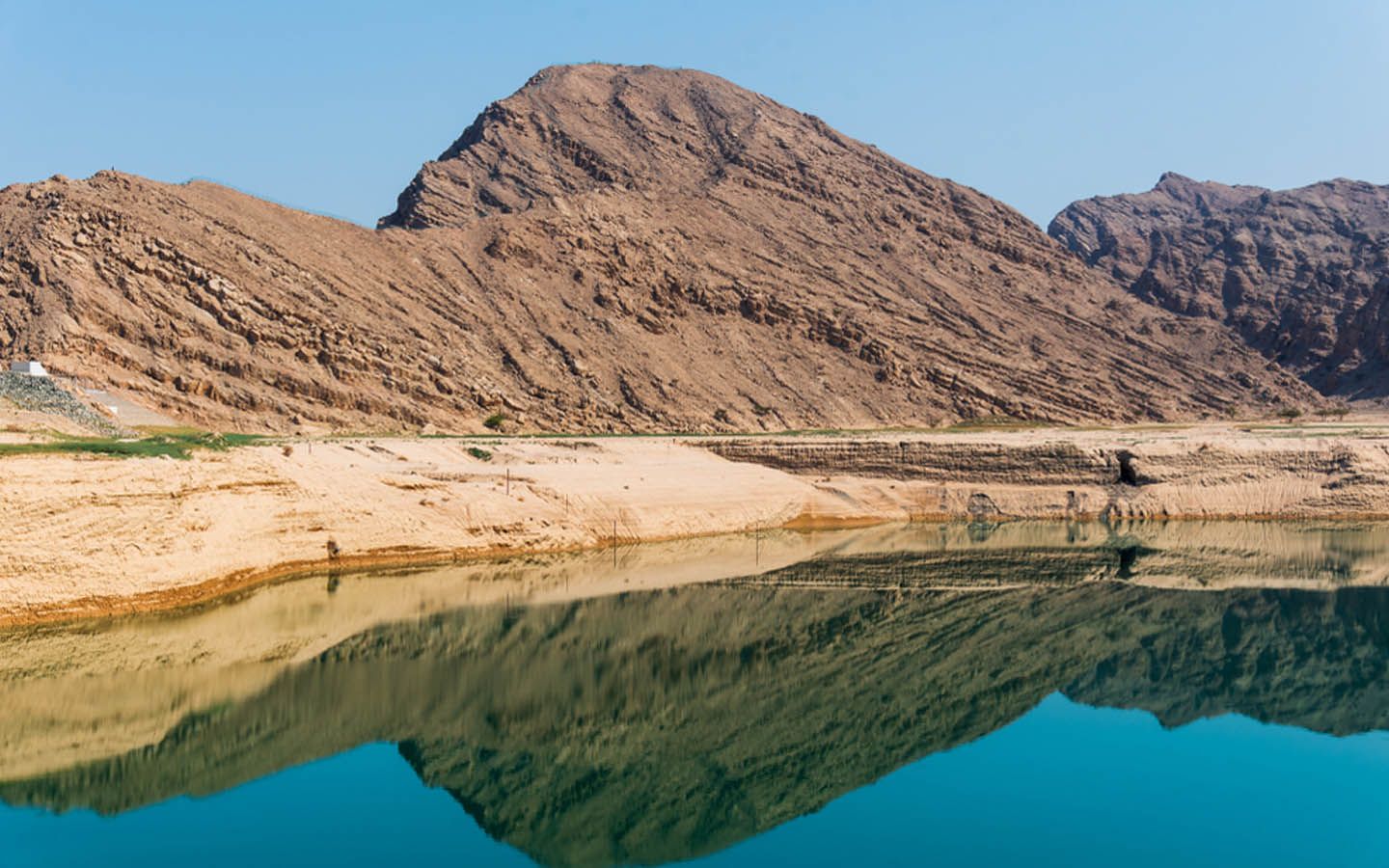
2011
F2 Plant the Jewel of the Desert
Fujairah F2 Plant is a leading Power and Potable water producer for the population of United Arab Emirates. Since January 2011

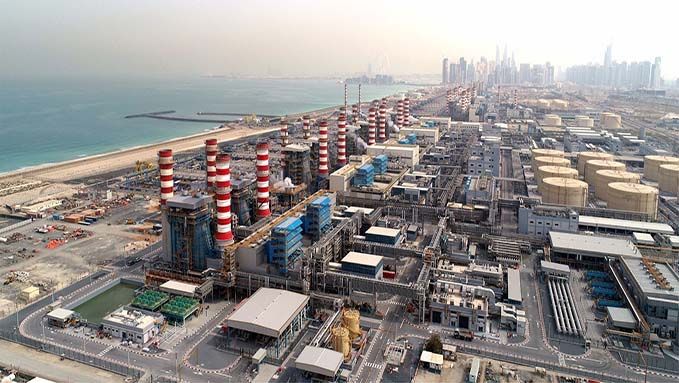
1979
Jebel Ali Power and Desalination Plant
Dubai's Electricity and Water Authority operates a state-of-the-art facility that covers a significant portion of the city's energy and water consumption. This infrastructure helps to ensure the continued growth and prosperity of Dubai by providing a reliable and sustainable supply of both energy and water.

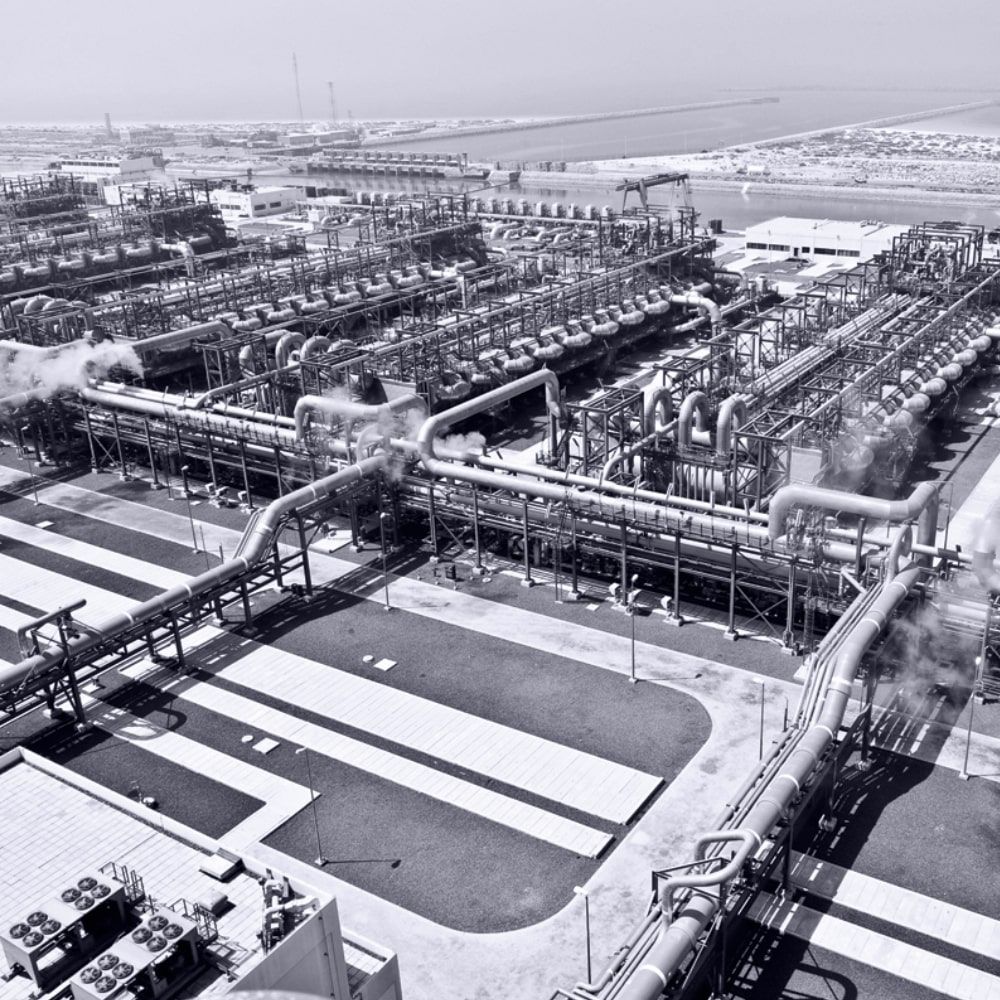
2022
Al Taweelah Complex
This water plant can produce 454,600m3 of desalinated water daily; a critical sustainable water supply source.


1982
Wadi Al Beeh dam
An essential project for sustainable underground water supply. It distributes water to Ras Al Khaima.













































Follow the water
The Future
Weaving a legacy of resilience and innovation, we honour our past as we forge ahead into the future.
Conserve water today, we preserve our resources and ensure a more sustainable water supply tomorrow. Let us commit to building a brighter future for our families, communities, and land.
We risk depleting our resources and face reduced access to clean water, impacting all aspects of our lives, from agriculture to our well-being and the environment.
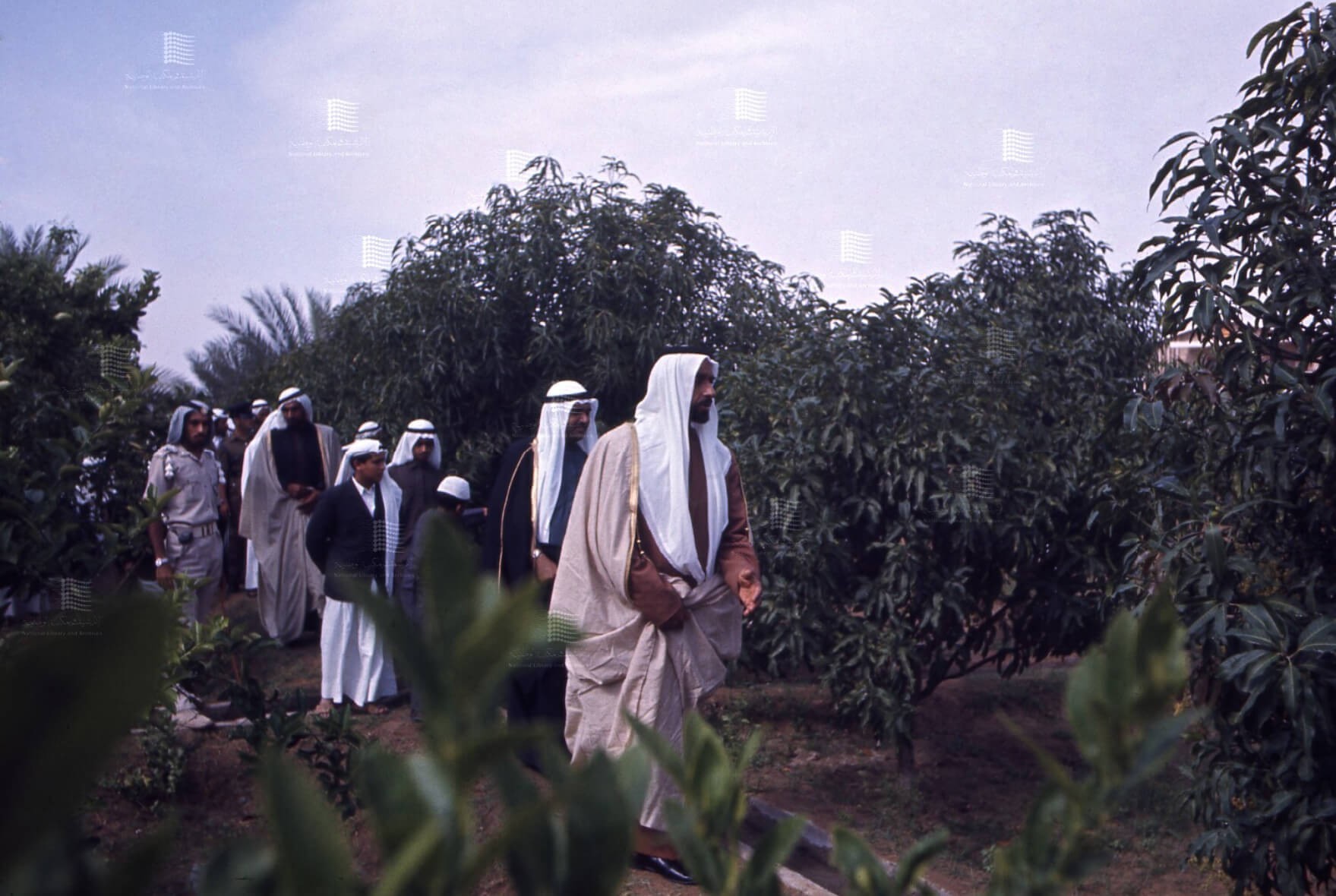
“History is a continuous chain of events. The present is only an extension of the past.”
The Late Sheikh Zayed bin Sultan Al Nahyan

































































































Follow the People
Human settlement in the UAE is a tale of communities coming together to thrive, with evidence of settlements in Sharjah and Abu Dhabi dating back to the Palaeolithic era.
Follow the People
Past
1800-1900s
As the ancient past gave way to the modern era, the UAE continued to attract people from different parts of the world who sought new opportunities. In the late 19th and 20th centuries, the pearl industry fueled the country's growth, attracting people from across the Gulf and beyond. The discovery of oil in the mid-20th century marked the beginning of a new era, with opportunities for new thriving communities.
Follow the People
Past
1800 -1900s
No matter how many buildings, foundations, schools and hospitals we build, or how many bridges we raise, all these are material entities. The real spirit behind the progress is the human spirit, the able man with intellect and capabilities.
The late Sheikh Zayed Bin Sultan Al Nahyan

Follow the People
Present
Today, the UAE stands as a beacon of diversity and peaceful coexistence, with a population of over 200 nationalities. People worldwide call the UAE their home, contributing their unique perspectives and cultures to the nation's dynamic fabric.













































Follow the People
Future
Weaving a legacy of resilience and innovation, we honour our past as we forge ahead into the future.
Our potential for progress and prosperity is limitless. We can create a world where our people thrive in healthy and resilient communities, with access to clean air and water, nutritious food, and quality healthcare and education.
As we face the challenges of environmental degradation and climate change, we also risk losing the beauty and diversity of our cultural heritage. Our physical and emotional well-being may suffer as we navigate the effects of pollution, natural disasters, and other climate-related crises.

































































































Follow The Trade
Centuries ago, the UAE was already a hub for international trade and a cultural crossroads. From the caravan routes that crossed our vast deserts to the bustling ports of our stunning coasts, people from all over the world have always come to our land, crossing paths in our awe-inspiring environment.




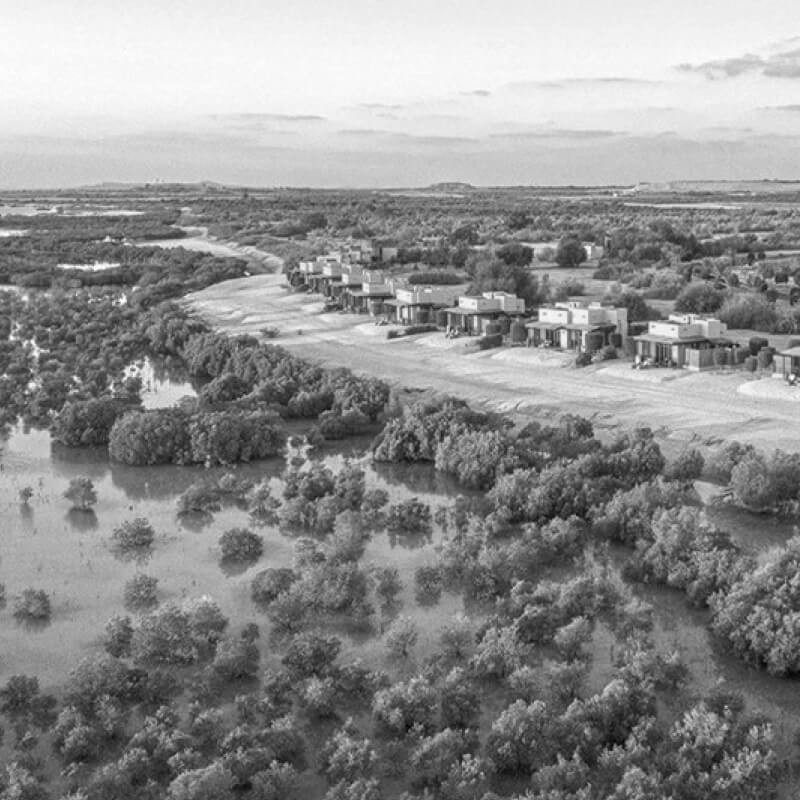
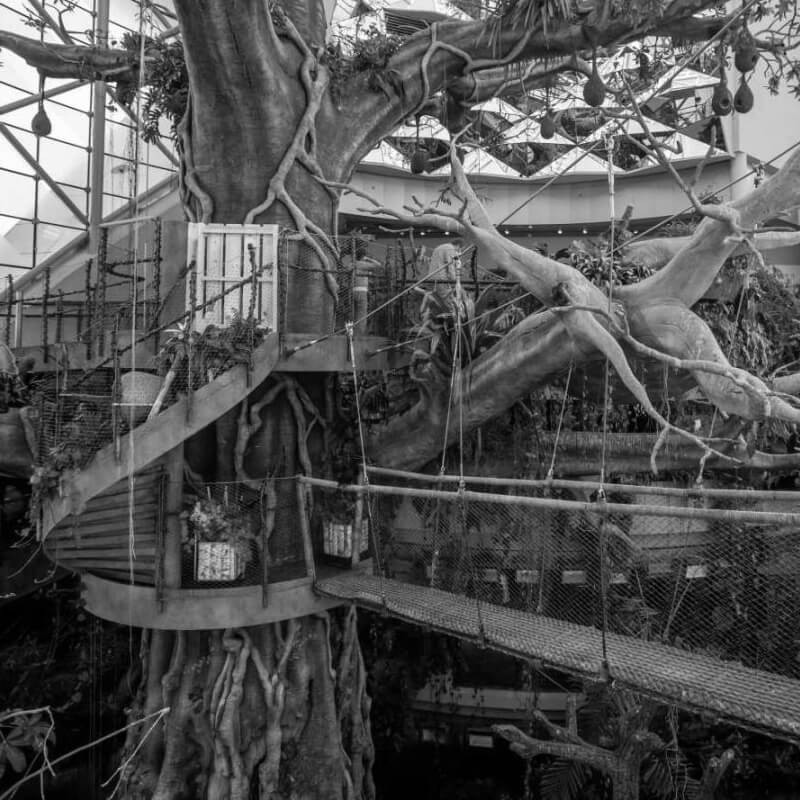

Follow the Trade
Past 1900 - 1950’s
Building upon the legacy of sustainable trade, our rapid development in the 20th century, laid the foundation for a modern and diverse economy.
Follow the Trade
Past
1971
Over the past 50 years, the country developed dynamic industries in areas such as construction, manufacturing, and tourism, while newer sectors such as renewable energy and technology also emerged.
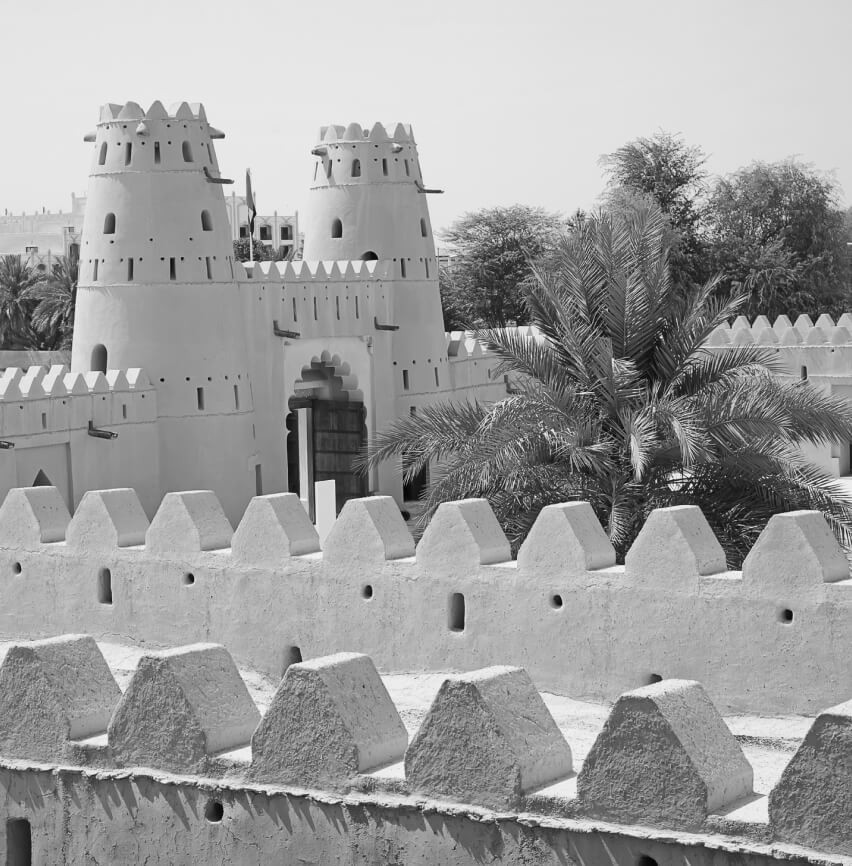
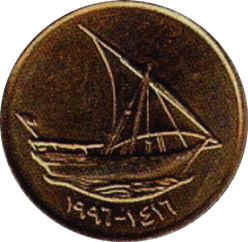
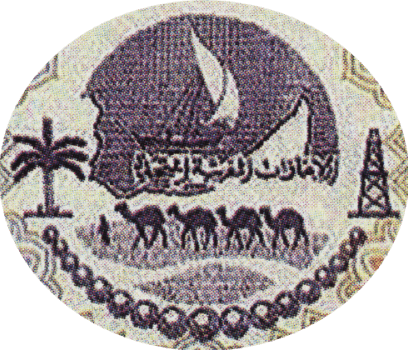
Follow the Trade
Post 1971
Tourism
Construction
Manufacturing
Renewable Energy
Follow the trade
The Present
A beacon for entrepreneurs and innovators, the UAE shares its vision globally for a business environment that continues to grow and evolve.
Today, a global trade hub, the UAE has also made significant investments in sustainable industries such as renewable energy, healthcare, and technology.


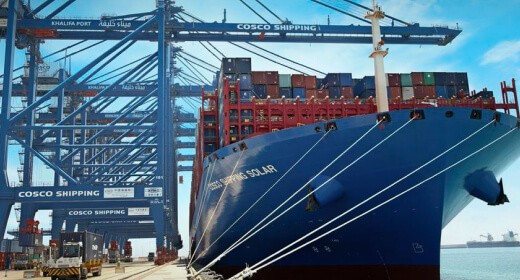
1968
Zayed Port
Named after the UAE’s Founding Father, the late Sheikh Zayed bin Sultan Al Nahyan, The port has been recognised for the last four decades as one of the region’s pioneers of the maritime industry.

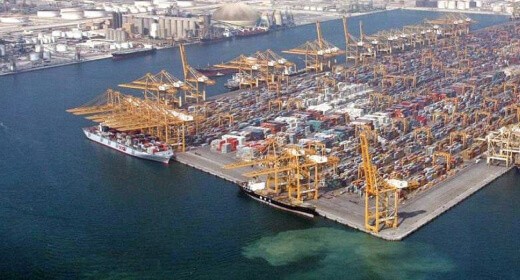
1979
Mina Jabel Ali
Mina Jebel Ali, also known as Port of Jebel Ali, is a deep port and is the world's ninth busiest port, the largest man-made harbour, and the biggest and by far the busiest port in the Middle East.

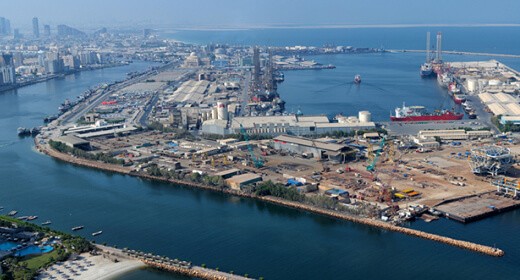
1976
Khalid Port
Port Khalid, established in 1976, is a multipurpose port with a dedicated container terminal. Located within the Arabian Gulf, on the west coast of the UAE, it offers convenient access to every corner of the globe.

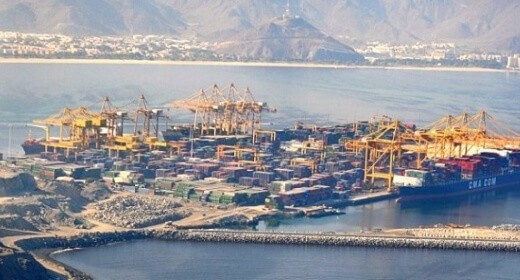
1978
Port Khorfakkan
One of the world’s leading container transshipment ports. Its strategic location on Sharjah’s Indian Ocean coast, outside the sensitive Straits of Hormuz, is ideal for transshipment to the upper Gulf, the Red Sea region, and East African destinations.
Follow the trade
Future
As we gaze into the horizon of our future, we see a land of endless possibilities and opportunities.
A place where sustainable industries thrive and renewable energy powers our cities. We are determined to lead the way in this new era of prosperity as we honour the legacy of our forefathers and the land that sustains us.













































Follow The Trade
Future
Weaving a legacy of resilience and innovation, we honour our past as we forge ahead into the future.
By investing in sustainable solutions and embracing a circular economy, our future is one of promise and possibility. Our communities will be healthier and more vibrant, creating a spurring economic growth and new opportunities.
If we do not invest in sustainability and combat climate change. It will impact our infrastructure and disrupt our international trade, resulting in lost revenue and fewer job opportunities for our people.
